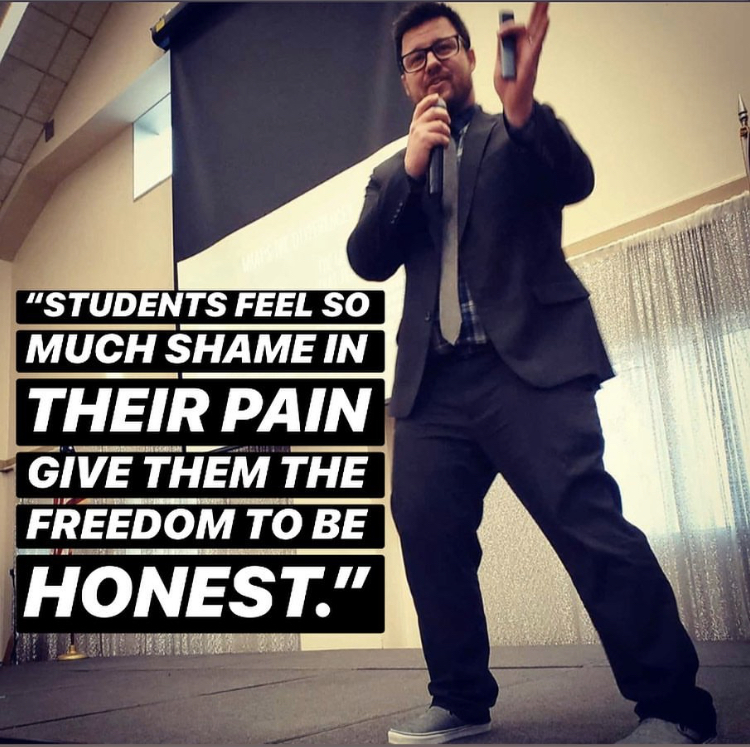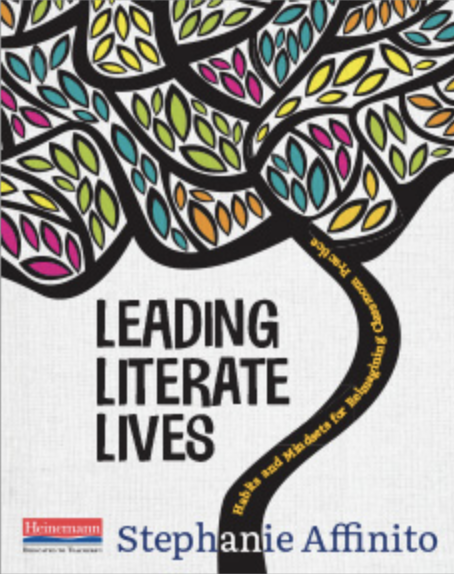Hello everyone! I cannot express how excited, pumped, and inspired I am right now for next year, and I want you to join me and my AMAZING guests in our quest to bring some positivity into the teaching world.
…but today is a little different. Today, I AM THE GUEST OF THE SHOW! Yes, you read that correctly! 
A few weeks ago, I received an email from a listener of the podcast who asked me tons of questions about reading and writing workshop. I usually answer these in email, but I had the idea to record a Q&A with her instead, where I let her ask me questions for about TWO HOURS.
Luckily, she agreed!
If this all sounds familiar to you, it’s because PART of this discussion was released last year as a SUMMER BLAST episode (7 and 8). However, what was never released was the last hour of our talk. Only Patreon supporters got part 2. So, if you have heard us discuss reading, you can skip to about the halfway point and listen to the rest. If you never heard the original episodes in the first place, then you have a whole 2 hour discussion around reading and writing workshop to listen to!
Enjoy!
This episode is sponsored by Heinemann and their book, Leading Literate Lives.
What stories make you who you are? How have your experiences shaped you as a learner? Who are you as a reader and writer? Exploring your history as a learner can help you reflect on your teaching practices and make instructional decisions that positively impact student learning.
writer? Exploring your history as a learner can help you reflect on your teaching practices and make instructional decisions that positively impact student learning.
In Leading Literate Lives, Stephanie outlines a framework for reading and writing that makes a direct connection between reflection and classroom practice. In each chapter you will find concrete ideas, tools, and activities for reading and writing to help move you from teacher reflection to instruction. For every specific reflection Stephanie will show you how to put the same idea into practice in your classroom, with the goal of helping you and your students:
- build and cultivate habits that make reading and writing a priority
- make space and create opportunities in your lives and classrooms to do what real readers and writers do
- explore and embrace your reading and writing identities
- find and create thriving communities filled with inspiration and support, where the reading and writing lives of every member are shared and celebrated.
Fueled with the understandings that come from leading a literate life, you can learn to embrace reflective practices that bring greater intention and joy to your classrooms and schools.






